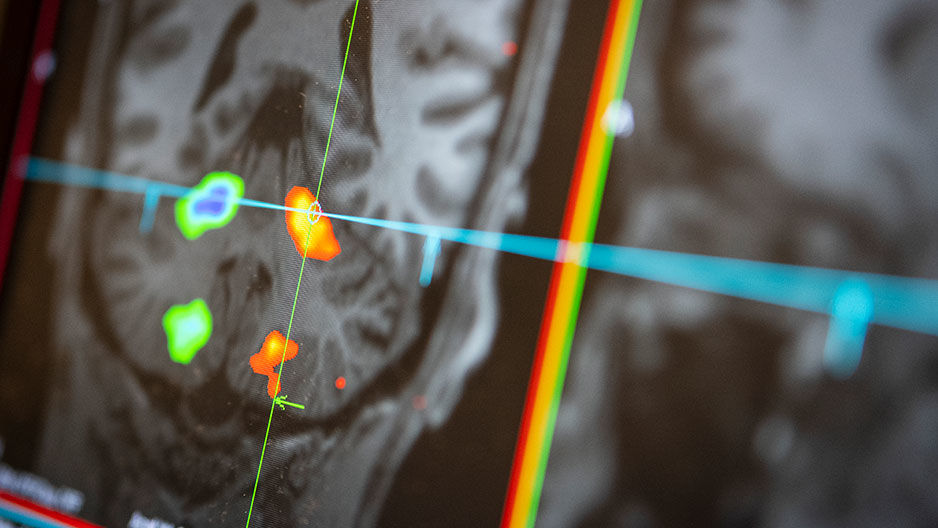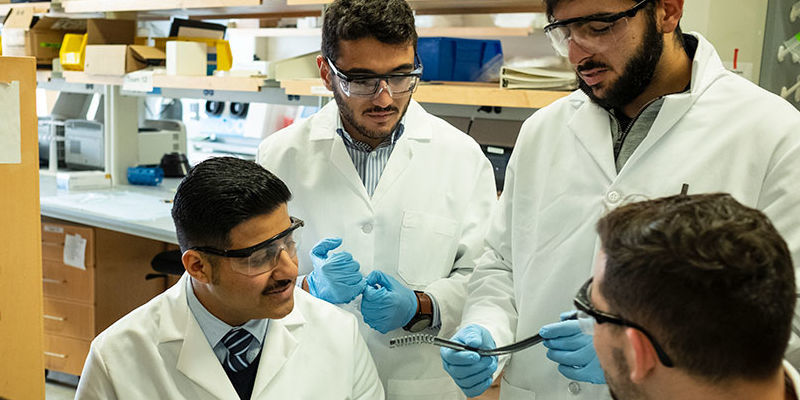Study of curse words could help traumatic brain injury patients
Knowing more about how our brains process profanity could help inform treatments, researchers in Temple’s College of Public Health say.

Don’t be alarmed if you walk by a lab in Temple’s College of Public Health and overhear some profanity—it’s probably just part of research.
A team of scientists in the college, led by Associate Professor Jamie Reilly, is using colorful language to investigate potential treatments for people who experience traumatic brain injuries and other disorders affecting speech.
Reilly, director of the Concepts and Cognition Lab in the College of Public Health, recently published a paper in the journal Psychonomic Bulletin & Review that explores the form and meaning of words that are considered taboo.
“I’ve seen many patients clinically who curse after they’ve had brain injuries,” Reilly said. “It just kind of comes out when they really don’t mean it to. Often they’ll say something harsh and then start crying and apologizing. There’s no treatment for it.”
Because of the situations in which many people use profanity—such as in a somewhat reflexive response to anger or surprise—researchers believe that taboo words may be accessed differently by the brain than normal language.
The goal of the research Reilly and his team are engaged in is to gain a deeper understanding of how the brain processes profanity in hopes of eventually using that knowledge to help people control unwanted behavior involving language.
“It seems like cursing language may be coded differently by the brain,” said Peter Twigg, a graduate student and research technician in the lab. “You see in traumatic brain injury or aphasia, people may have these outbursts of cursing language that is preserved, while other parts of their vocabularies are lost.”
The research in the latest paper involved determining the characteristics of certain words that lead to them being deemed profane.


